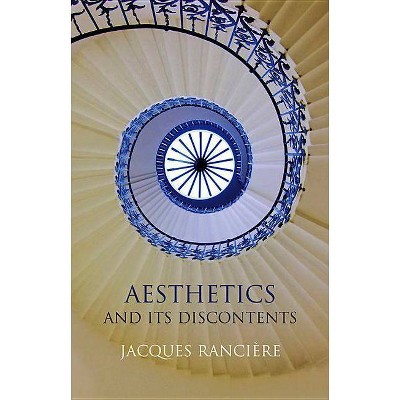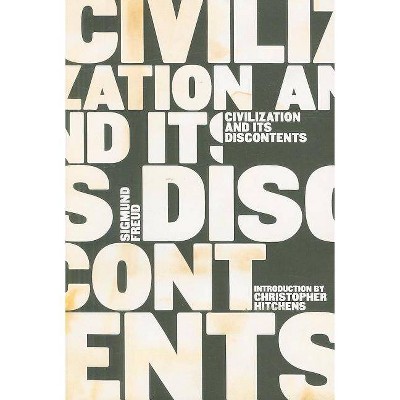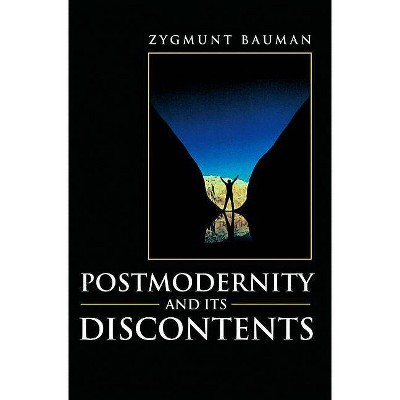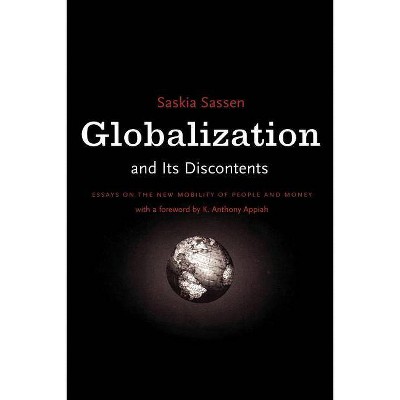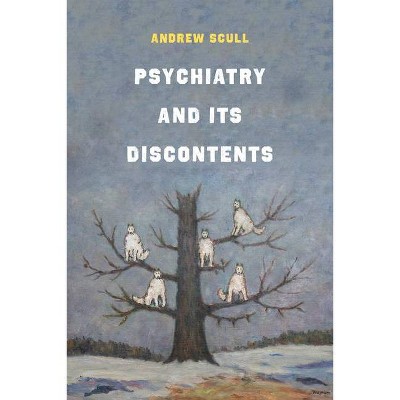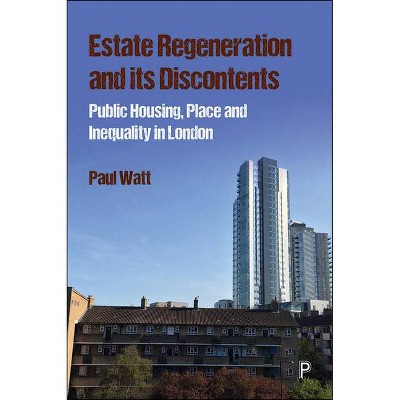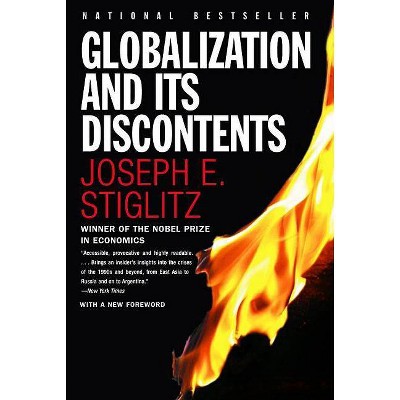Modernity and Its Discontents - by James L Marsh & John D Caputo (Paperback)
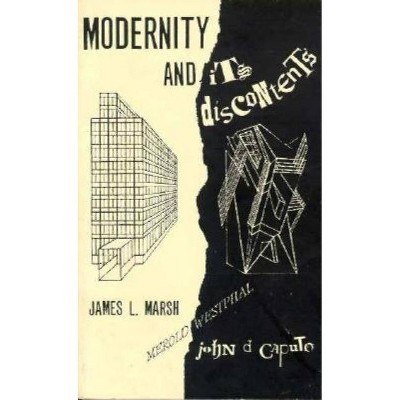
Similar Products
Products of same category from the store
AllProduct info
<p/><br></br><p><b> Book Synopsis </b></p></br></br>The introduction by Merold Westphal sets the scene: Two books, two visions of philosophy, two friends and sometimes colleagues.... Modernity and Its Discontents is a debate between Caputo and Marsh in which each upheld their opposing philosphical positions by critical modernism and post-modernism. The book opens with a critique of each debater of the other's previous work. With its passionate point-counterpoint form, the book recalls the philosphical dialogues of classical times, but the writing style remains lucid and uncluttered. Taking the failure of Englightenment ideals as their common ground, the debaters challenge each other's ideas on the nature of post-foundationalist critique. At the core of the argument lies the timely question of the role that each person can play in creating a truly humane society.<p/><br></br><p><b> From the Back Cover </b></p></br></br>The introduction by Merold Westphal sets the scene: "Two books, two visions of philosophy, two friends and sometimes colleagues..". This book is an attempt at a mediated dialogue between the critical modernism of Marsh's Post-Cartesian Meditations, deeply indebted to the thought of Jurgen Habermas, and the postmodernism of Caputo's Radical Hermeneutics, equally indebted to the thought of Jacques Derrida. Their distinctive embodiments of these two major movements in contemporary philosophy are by no means simply the exposition and defense of Habermas and Derrida, for Marsh and Caputo bring to the discussion their own long formation in continental philosophy as interpreted and practiced in North America. Moreover, given their even longer formation in the Christian tradition, they are not bound by the dogmatic secularism of Habermas and Derrida. But the point of contact is not so much religious as political, and the fundamental question concerns the role that reason may play in building a humane society. It is in their differing estimates of reason's nature and possible political function that the disagreements are most sharply focused. Thus the epistemological debate is driven by political passion and properly concerns the viability of the Enlightenment dream that knowledge could indeed be enlightening and humanizing. Westphal is especially well suited to attempt to mediate the debate because he not only shares with Caputo and Marsh a long formation in both continental philosophy and the Christian faith, but he is deeply sympathetic to both critical modernism and postmodernism. Caputo finds him to be almost as hopeless a rationalist as Marsh, while Marsh finds him to flirt almost asshamelessly with irrationality as Caputo. Westphal seeks to argue, not for a synthesis of the two perspectives, but for a willingness to live in the tension between the two.<p/><br></br><p><b> Review Quotes </b></p></br></br><br>"[A] uniquely constructive dialogue which brings into focus the principal epistemological, ethical, and political issues. . . ."-- "--International Philosophical Quarterly"<br><p/><br></br><p><b> About the Author </b></p></br></br><p>James L. Marsh is Professor Emeritus of Philosophy at Fordham University. <p/>John D. Caputo is Thomas J. Watson Professor Emeritus of Religion at Syracuse University and David R. Cook Professor Emeritus of Philosophy at Villanova University. His most recent book is <i>In Search of Radical Theology</i>.</p>
Price History
Price Archive shows prices from various stores, lets you see history and find the cheapest. There is no actual sale on the website. For all support, inquiry and suggestion messages communication@pricearchive.us

